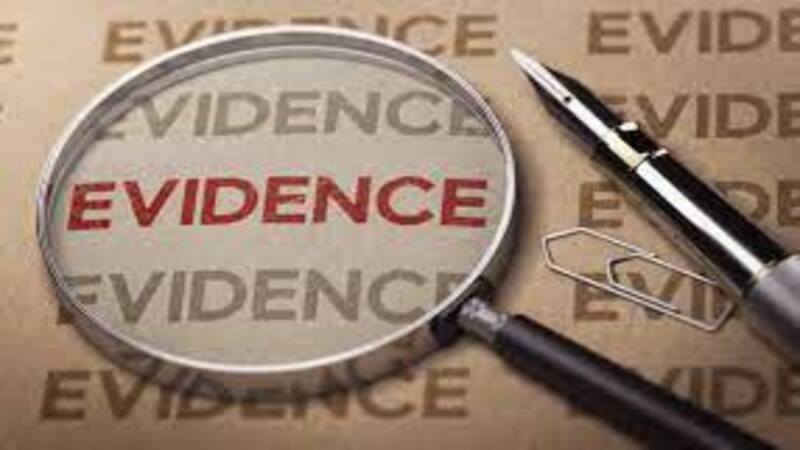Sirajudheen vs. Zeenath & Ors. [Civil Appeal No. 1491 of 2023]
What is the true test to allow additional evidence at the appellate stage?
RELEVANT PARAGRAPH
9.3. In the case of Sanjay Kumar Singh (supra) relied upon by the learned counsel for the respondent No. 1, this Court has observed as under:-
7. It is true that the general principle is that the appellate court should not travel outside the record of the lower court and cannot take any evidence in appeal. However, as an exception, Order 41 Rule 27 CPC enables the appellate court to take additional evidence in exceptional circumstances. It may also be true that the appellate court may permit additional evidence if the conditions laid down in this Rule are found to exist and the parties are not entitled, as of right, to the admission of such evidence. However, at the same time, where the additional evidence sought to be adduced removes the cloud of doubt over the case and the evidence has a direct and important bearing on the main issue in the suit and interest of justice clearly renders it imperative that it may be allowed to be permitted on record, such application may be allowed. Even, one of the circumstances in which the production of additional evidence under Order 41 Rule 27 CPC by the appellate court is to be considered is, whether or not the appellate court requires the additional evidence so as to enable it to pronounce judgment or for any other substantial cause of like nature. 8. As observed and held by this Court in A. Andisamy Chettiar v. A. Subburaj Chettiar [(2015) 17 SCC 713], the admissibility of additional evidence does not depend upon the relevancy to the issue on hand, or on the fact, whether the applicant had an opportunity for adducing such evidence at an earlier stage or not, but it depends upon whether or not the appellate court requires the evidence sought to be adduced to enable it to pronounce judgment or for any other substantial cause. It is further observed that the true test, therefore is, whether the appellate court is able to pronounce judgment on the materials before it without taking into consideration the additional evidence sought to be adduced.
